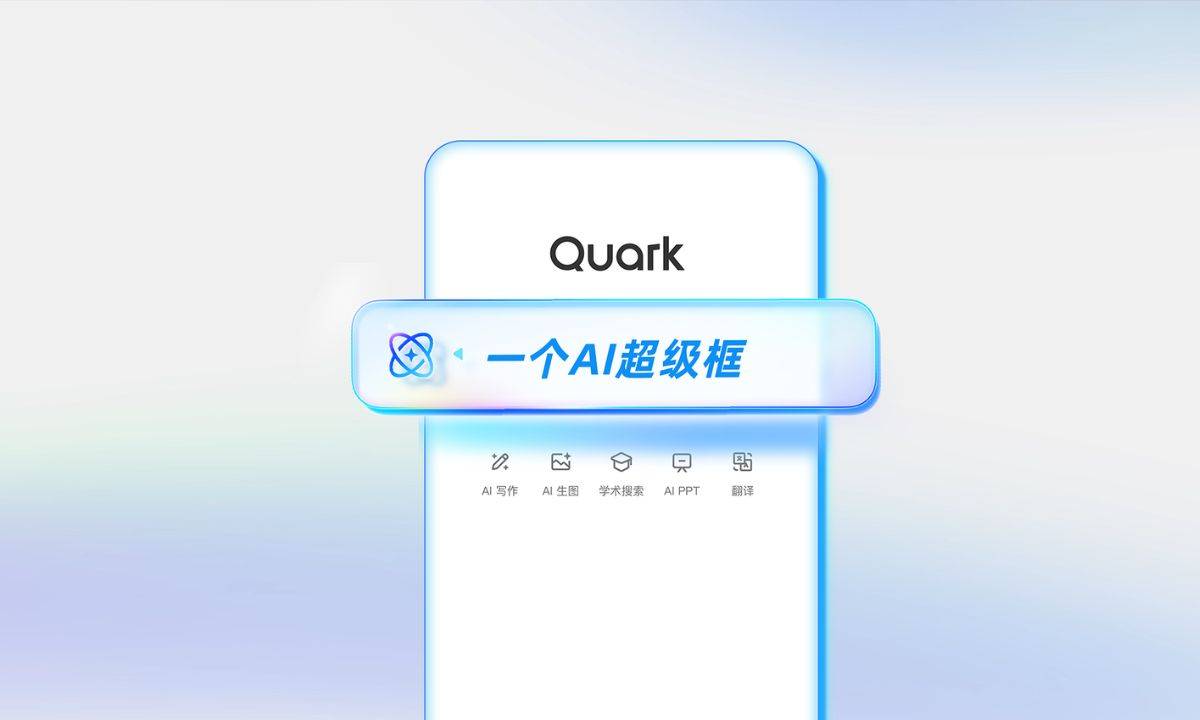
Gome Electrical Appliances Holdings, one of China’s largest home appliance and electronics retailers, has launched an online store on Tmall, China’s largest B2C (business-to-consumer) online shopping marketplace.
The new Gome e-shop comes as the retailer continues to expand e-commerce sales to augment revenue from the company’s chain of 1,624 traditional bricks-and-mortar stores located throughout China.
Gome reported an RMB 597 million loss in 2012, its firstfull-year loss since it was listed in 2004, mainly due to risingoperating costs following a period of rapid store expansion and losses attributed to marketing of its proprietary e-shopping website, Gome Online.
The company returned to profitability in the first quarter, reporting netincome of RMB 76.33 million. The bottom linewas boosted by a recovery in China’s appliance sector and a rise in e-commerce revenue. Total online sales reached RMB 714 million in Q1, up 51.3 percent year-on-year, the company reported.
By joining the Tmall Electronics Mall, Gome is gaining online exposure to a wider market by partnering with a dominant competitor. Tmall.com is China’s top-ranked B2C website with 51.3 percent of the market in the first quarter, according to market research firm iResearch. Gome’s share of the online market is 2.1 percent.
The Tmall-Gomecollaboration “creates the opportunity to play off of each other’s complementary strengths and could serve to further solidify Tmall’s leading position in the consumer electronics sector as well as allow Gome to gain a competitive edge in the online retail arena,” said Tan Biao, general manager of Tmall Electronics Mall, in a story in the Chinese press.
More than RMB 50 billion worth of merchandise (GMV) was sold on Tmall Electronics Mall last year. Consumer electronics sales accounted for approximately 24 percent of all e-commerce sales in China in 2012.
Unlike proprietary shopping websites that sell merchandise directly to consumers, Tmall is an online marketplace—an open “platform” that hosts vendors of all stripes including other shopping websites.
Gome joins 87 other Chinese B2C players that have opened storefronts on Tmall since the site opened up to online vendors in 2011, among them leading e-retailers Dangdang, Yihaodian, Vancl and Newegg.
In other countries, proprietary websites like Amazon.com and Walmart.com typically generate the lion’s share of online shopping activity. Chinese e-commerce has evolved in a different way. Nearly 90 percent of the industry in China is marketplace√¢‚Ǩ’based compared with just 23–24 percent in the U.S., according to a report by McKinsey Global Institute. “The largest online marketplace operators—Taobao, Tmall, and Paipai—account for an enormous share of the Chinese e√¢‚Ǩ’tailing market,” McKinsey researchers wrote. Like Tmall, Taobao is owned by Alibaba Group. Paipai is owned by Tencent.
“For individual e√¢‚Ǩ’merchants, the most crucial advantage of selling through a marketplace is tapping into the huge aggregated traffic flow that these sites have already built,” researchers wrote.
Gome will offer goods on Tmall at the same or lower prices as goods sold on Gome Online, according toGome officials.The companyis also expected to later launch brand-specific shops on Tmall for Sanyo, Nathome, BenQ and Electrolux appliances and consumer electronics.



.jpg)
